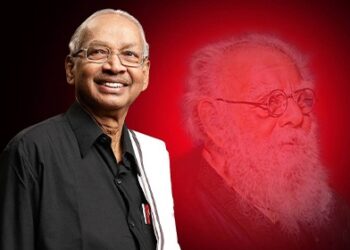Bihar Reservation Law has been struck down by the Patna High Court as it had breached 50 per cent ceiling to reserve seats in admission in education and state services for the Scheduled Castes (20 per cent), the Scheduled Tribes (2 per cent), the Backward Classes (18 per cent) and Extremely Backward Classes (25 per cent).
In 1990, it was pronounced by a 9 Judge-bench of the Supreme Court in Mandal case (Indira Sahney case) stipulating 50 per cent ceiling for the total reservation. However, the Court had also said that under specific circumstances notably to provide reservations to communities marginalised and excluded from the social mainstream, irrespective of geographical location.
Accordingly, the 50 per cent limit had been existing in Tamil Nadu (69 per cent) prior to the judgment. However if is protected through a special enactment with its due placement in the IX Schedule of the Indian Constitution). The 50 per cent reservation for Economically Weaker Sections (EWS) is not accepted by the Tamil Nadu Government.
Besides, Chattisgarh had also exceeded the limit at 72 per cent excluding the reservation for EWS.
* Several north-eastern states including Arunachal Pradesh, Meghalaya, Mizoram and Nagaland have extended the reservation to 80 per cent each.
* Lakshadweep has a whopping 100 per cent reservations for the Scheduled Tribes.
* Previous attempts by Maharashtra and Rajasthan have been struck down by the Courts.
Janata Dal (United) that leads the coalition government in Bihar has passed a resolution to protect the Bihar Reservation Law by including it in the IX Schedule, as in the pattern for Tamil Nadu, which no other state has attempted at so far. The major protection by such inclusion is to get immunity to the Act from judicial review.
It is said that such protected laws are also subject to judicial review as per the Supreme Court decision in 2007. The ground for the judicial review is that the protected law should not violate the fundamental rights.
It is widely known that reservation rights are covered under Part III of the Constitution, under Fundamental Rights. Simultaneously voices are emanating at large to bring constitutional amendment to remove the 50 per cent limit that could solve out all the reservation limit related cases. Citizens, who are conscious of reservation rights conscious citizens are rising more and more in number and ultimately the rulers must submit to bring about the constitutional amendment to remove 50 per cent ceiling for the total reservation.








